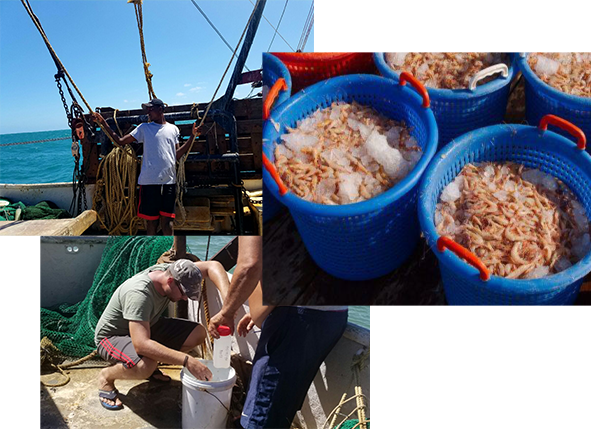In the Guyana Extractive Industries Transparency Initiative (EITI) Report for the fiscal year 2021, a notable concern emerges: the absence of a functional Inland Fisheries Policy.
The report highlighted that, as of the reporting year, Guyana lacked a ratified Inland Fisheries Policy. Despite efforts in 2013, when the Food and Agricultural Organisation (FAO) assisted the Guyana Fisheries Department in drafting the policy and its associated Strategic Plan, these crucial documents are yet to be officially adopted and implemented.
Although the draft policy was found to be sound during a 2020 review, the associated strategic plan required adjustments due to changes in the landscape of proposed actions. Recommendations from the review included reinforcing the organizational structure for fisheries resource management, emphasizing the need for financial resources and the appointment of fisheries officers in remote regions. Additionally, it was noted that there was a call for the drafting of regulations.
The Arapaima Management Plan, targeting the Rupununi River and focusing on the conservation of the endangered Arapaima species (arapaima gigas), is another facet addressed in the report. Developed collaboratively by the Government of Guyana, the Department of Fisheries, the Iwokrama Centre, and the North Rupununi District Development Board, the plan is recommended for periodic review and updating.
It is worth noting that despite the EITI’s mandate for comprehensive reporting in the extractive sector, Guyana has extended its focus beyond oil, gas, and mining to include the forestry and fisheries sectors.
As Guyana grapples with the challenges in its inland fisheries sector, the EITI report underscores the importance of policy adoption and strategic planning to ensure sustainable management and conservation efforts.













